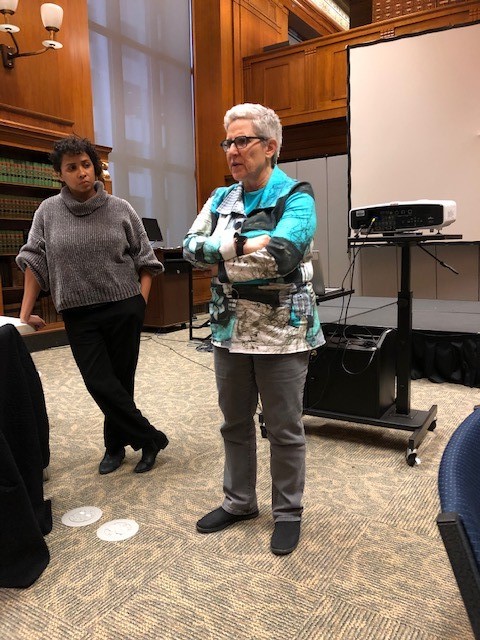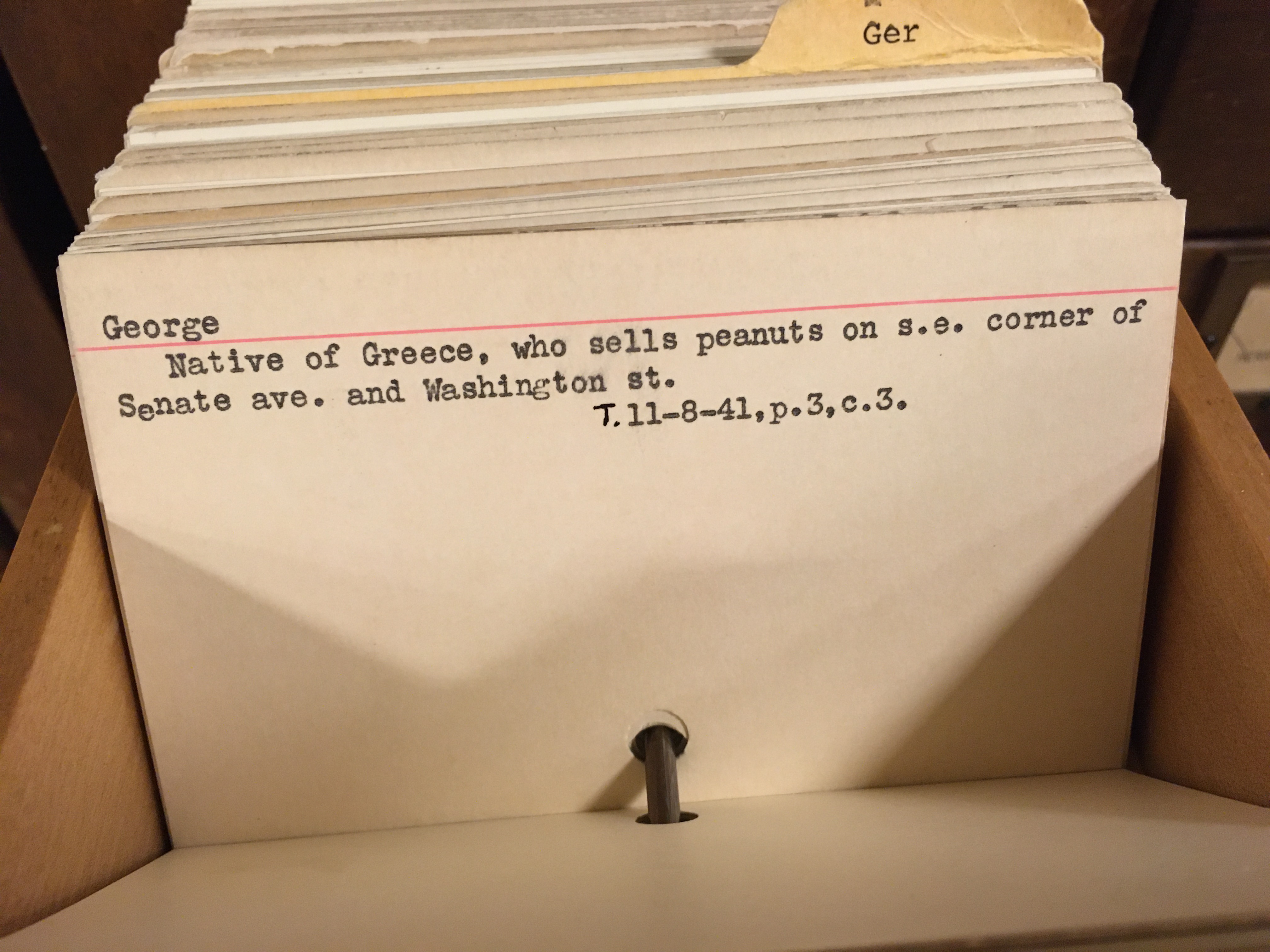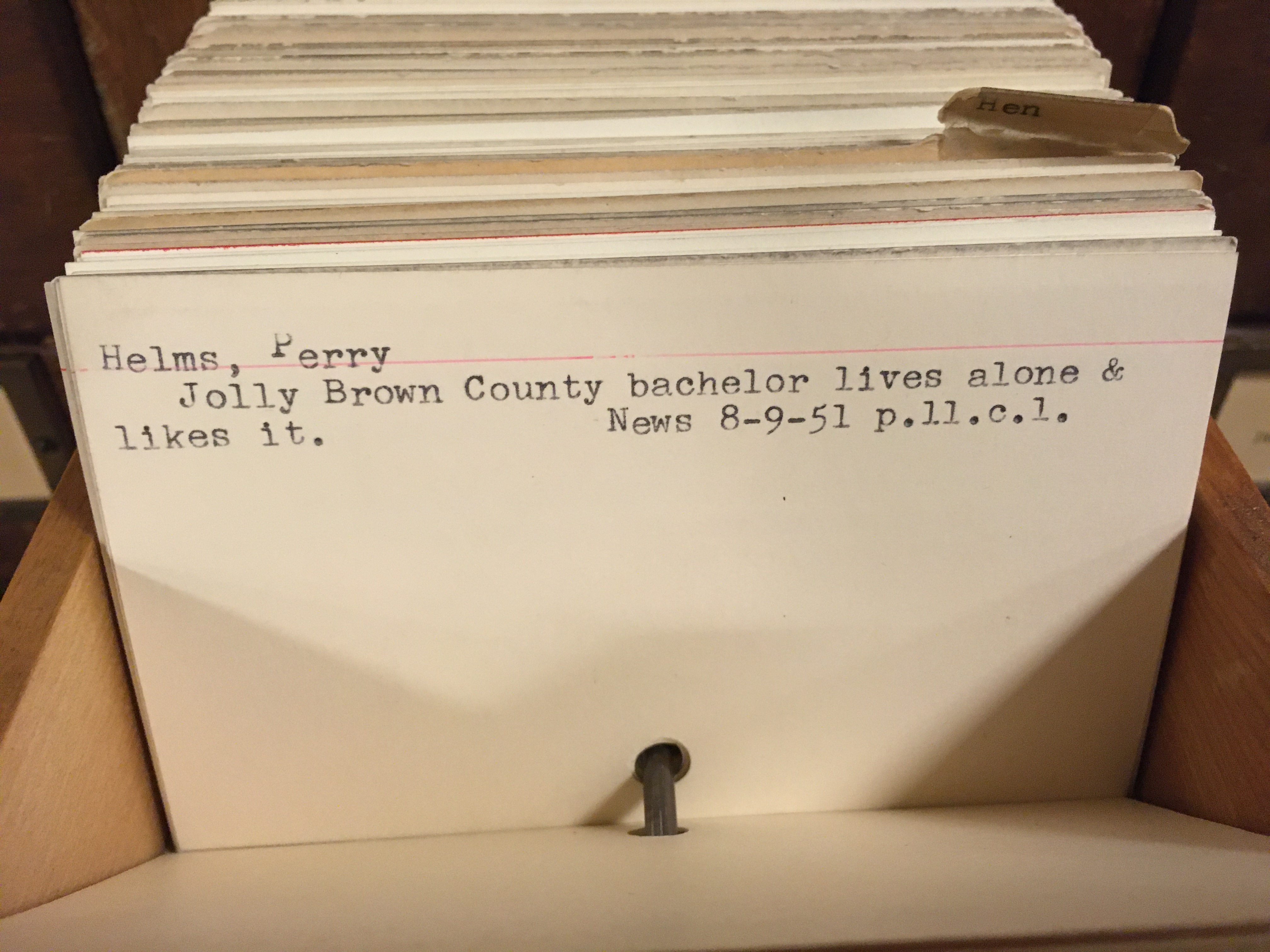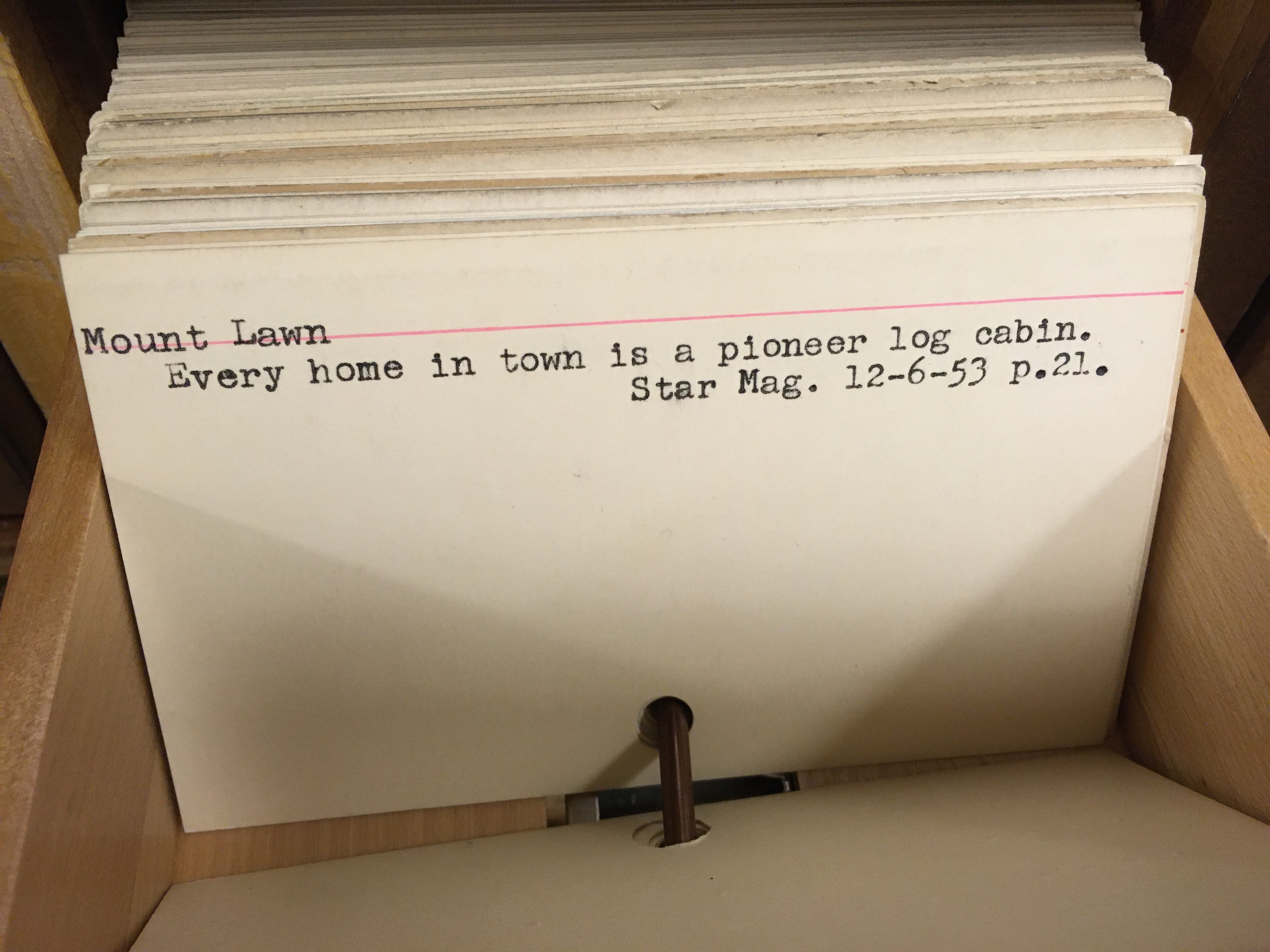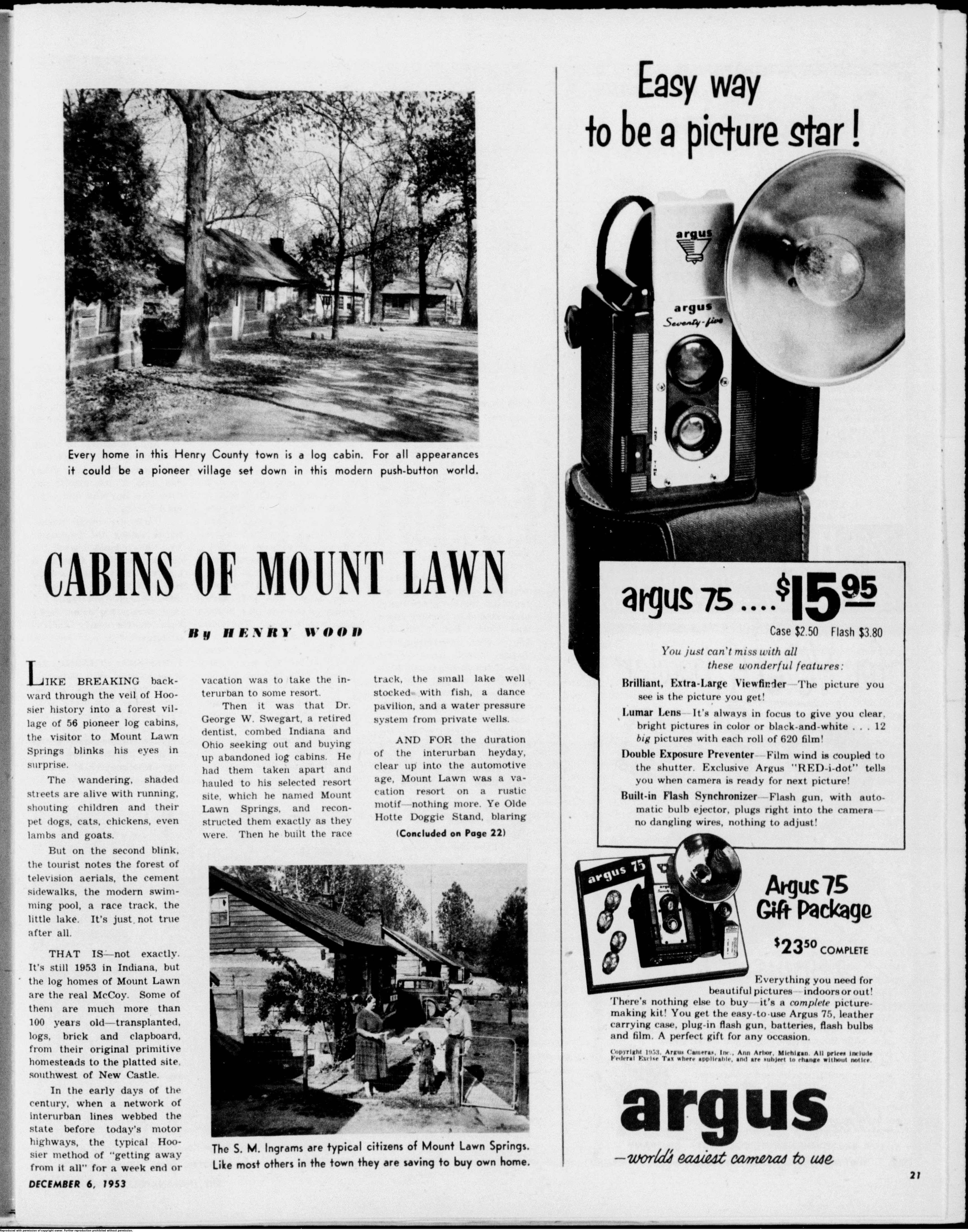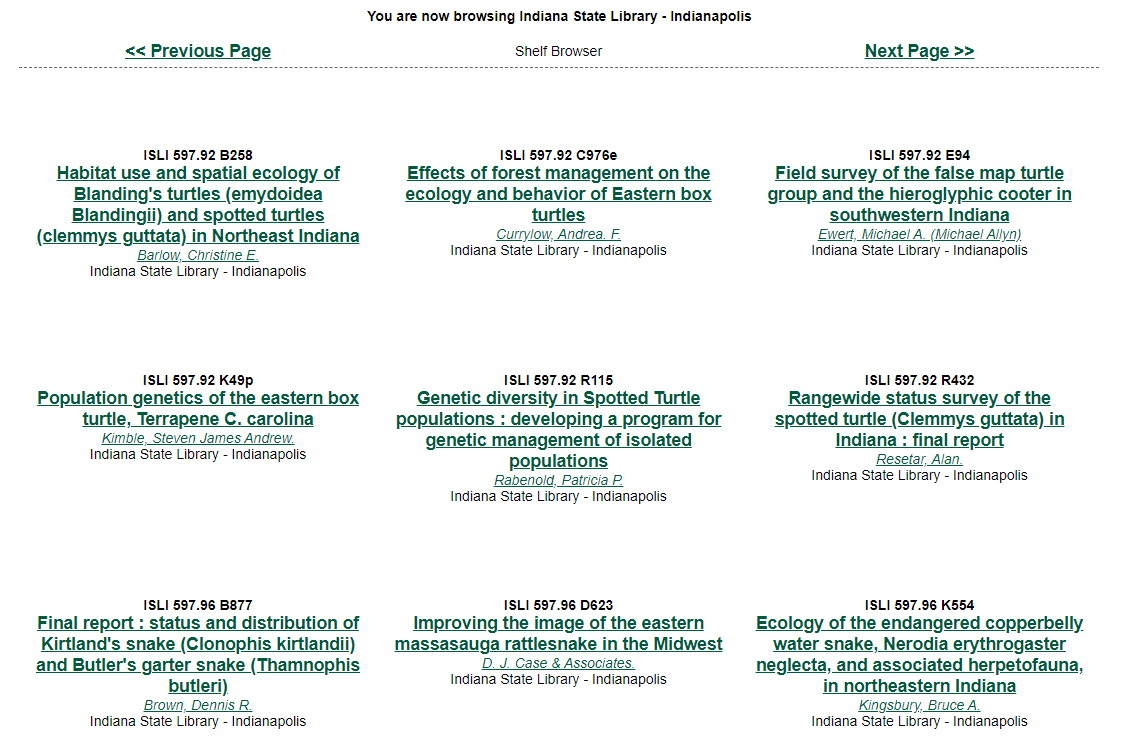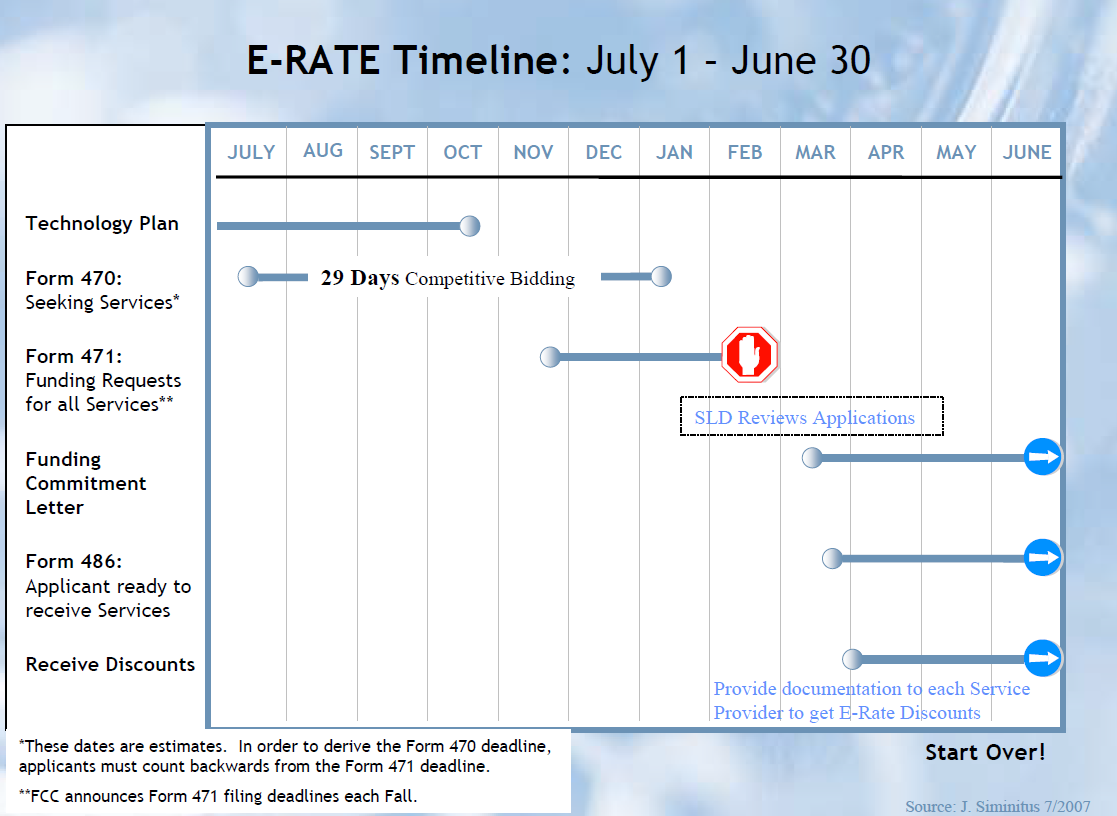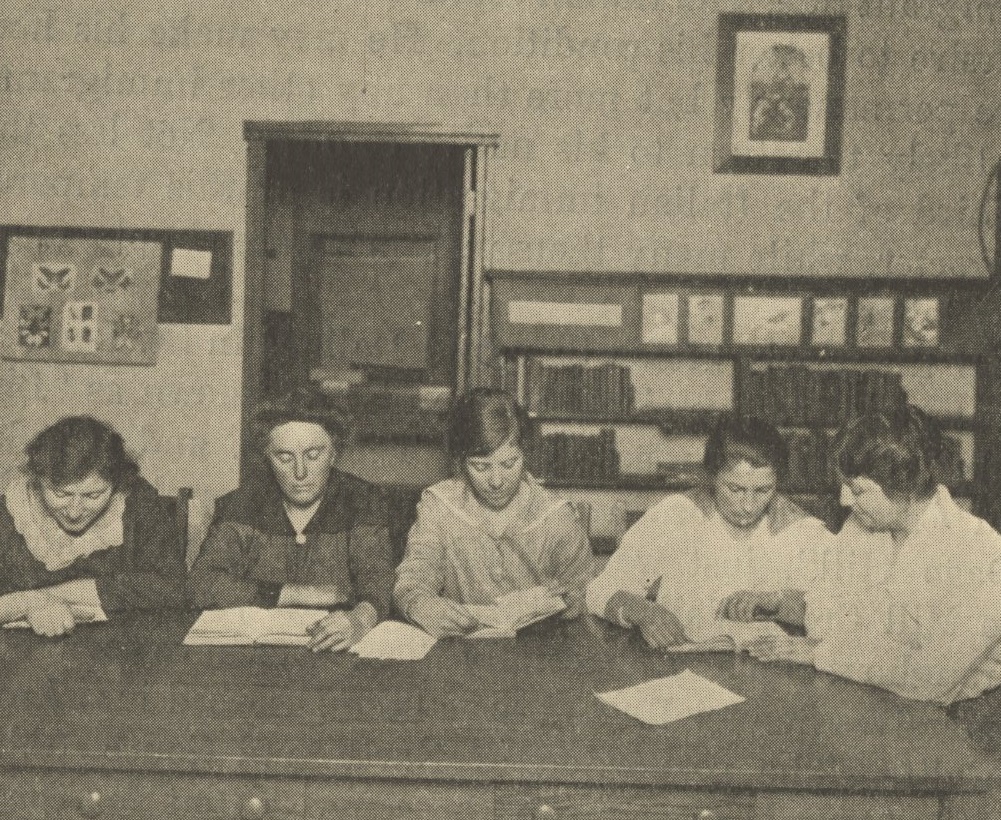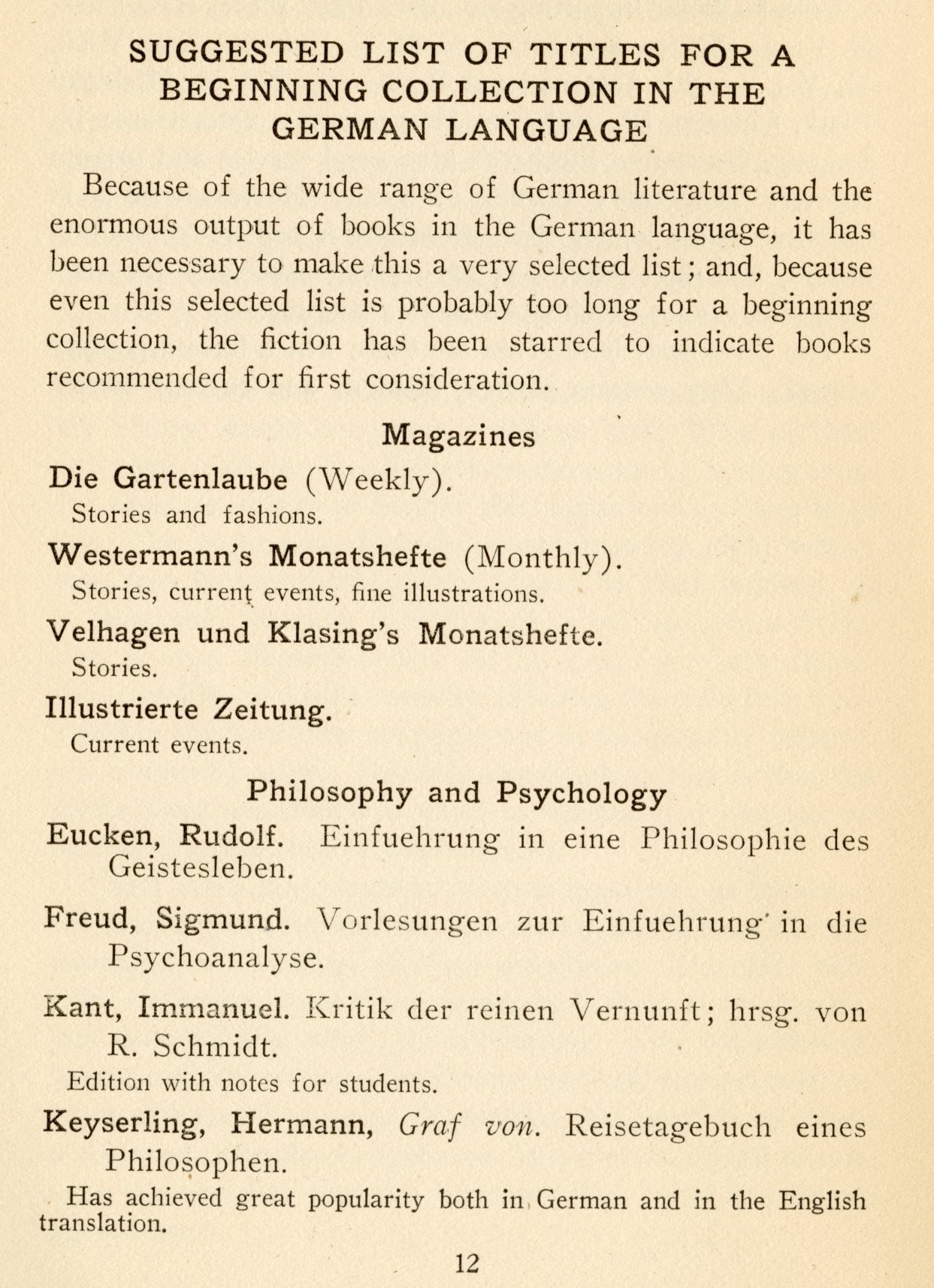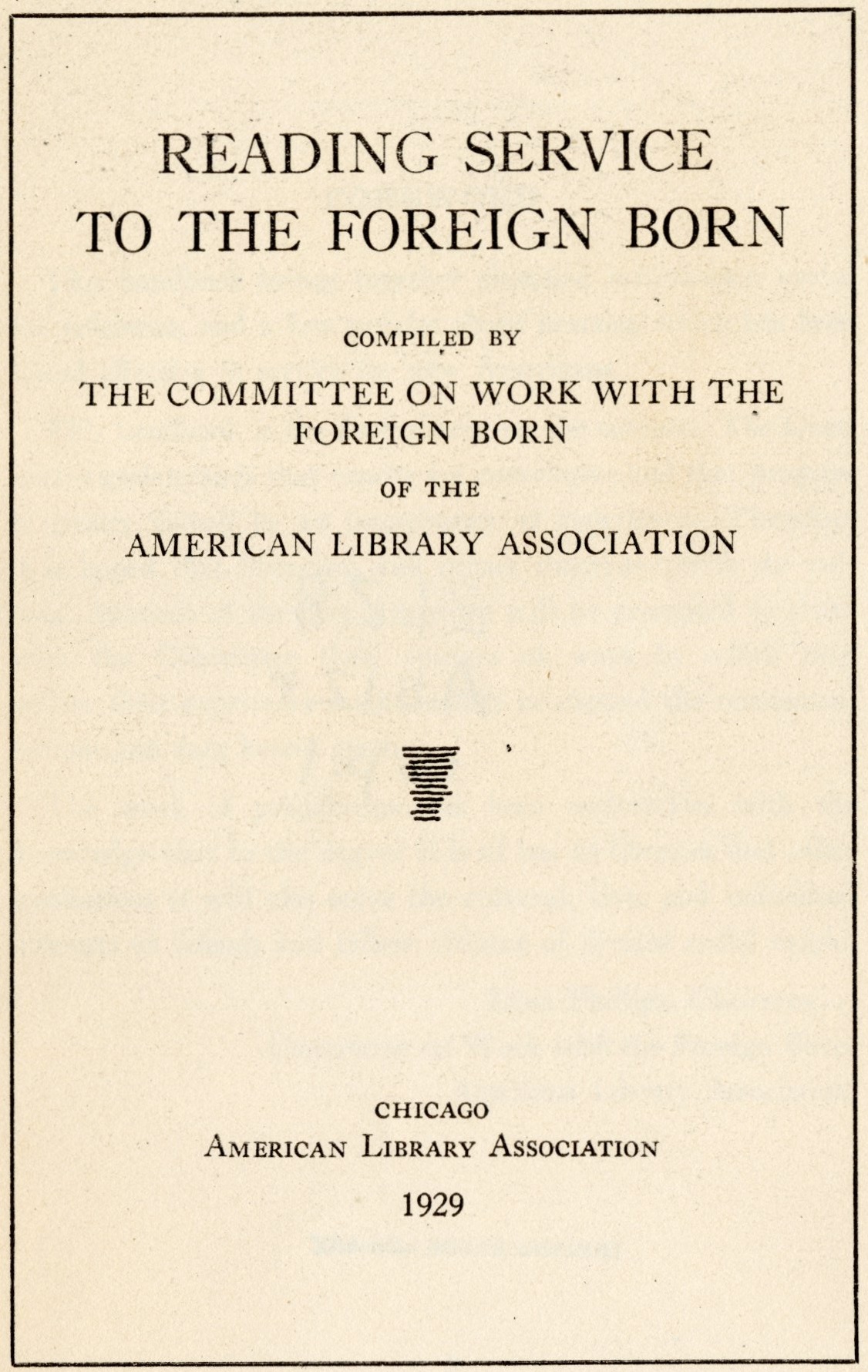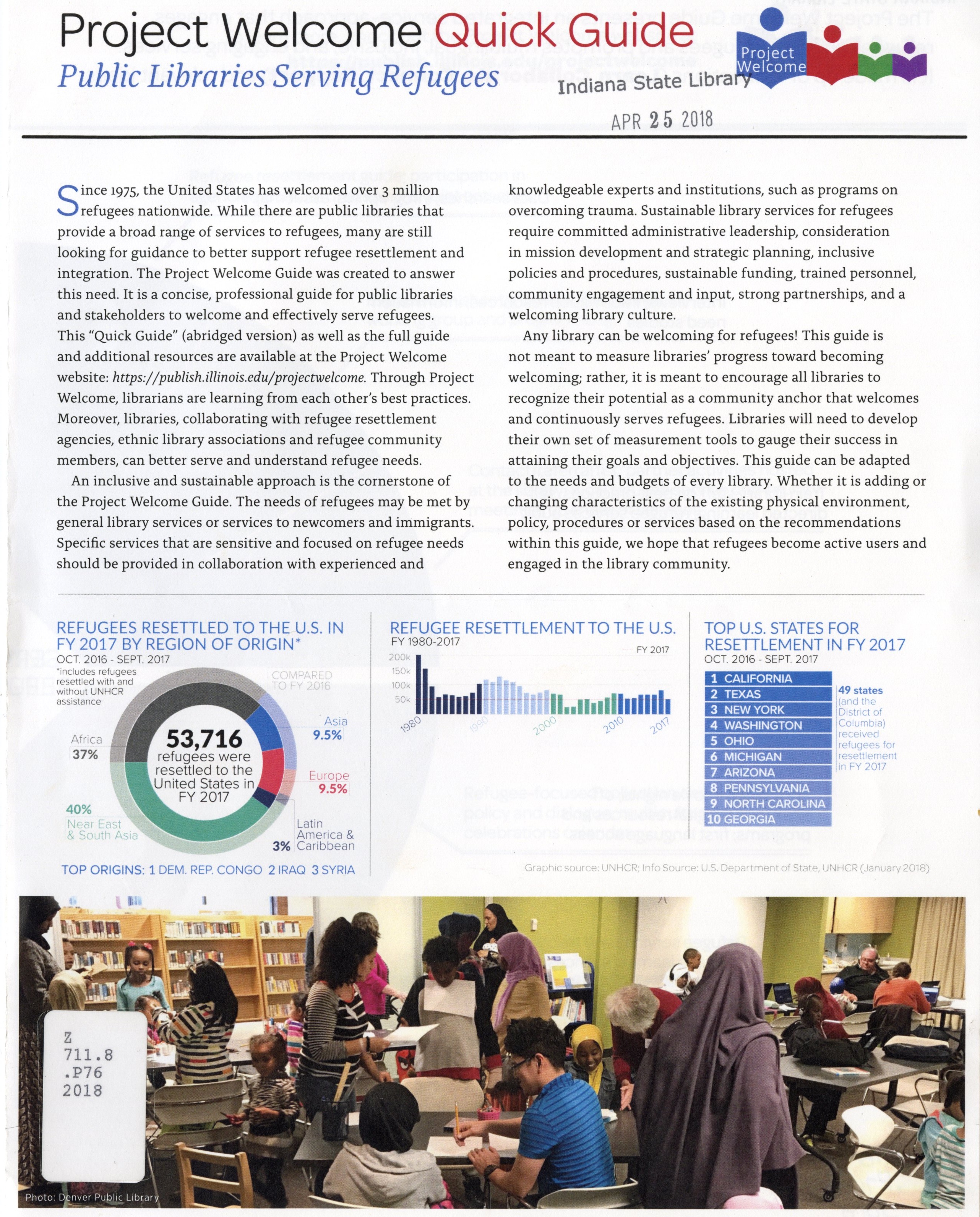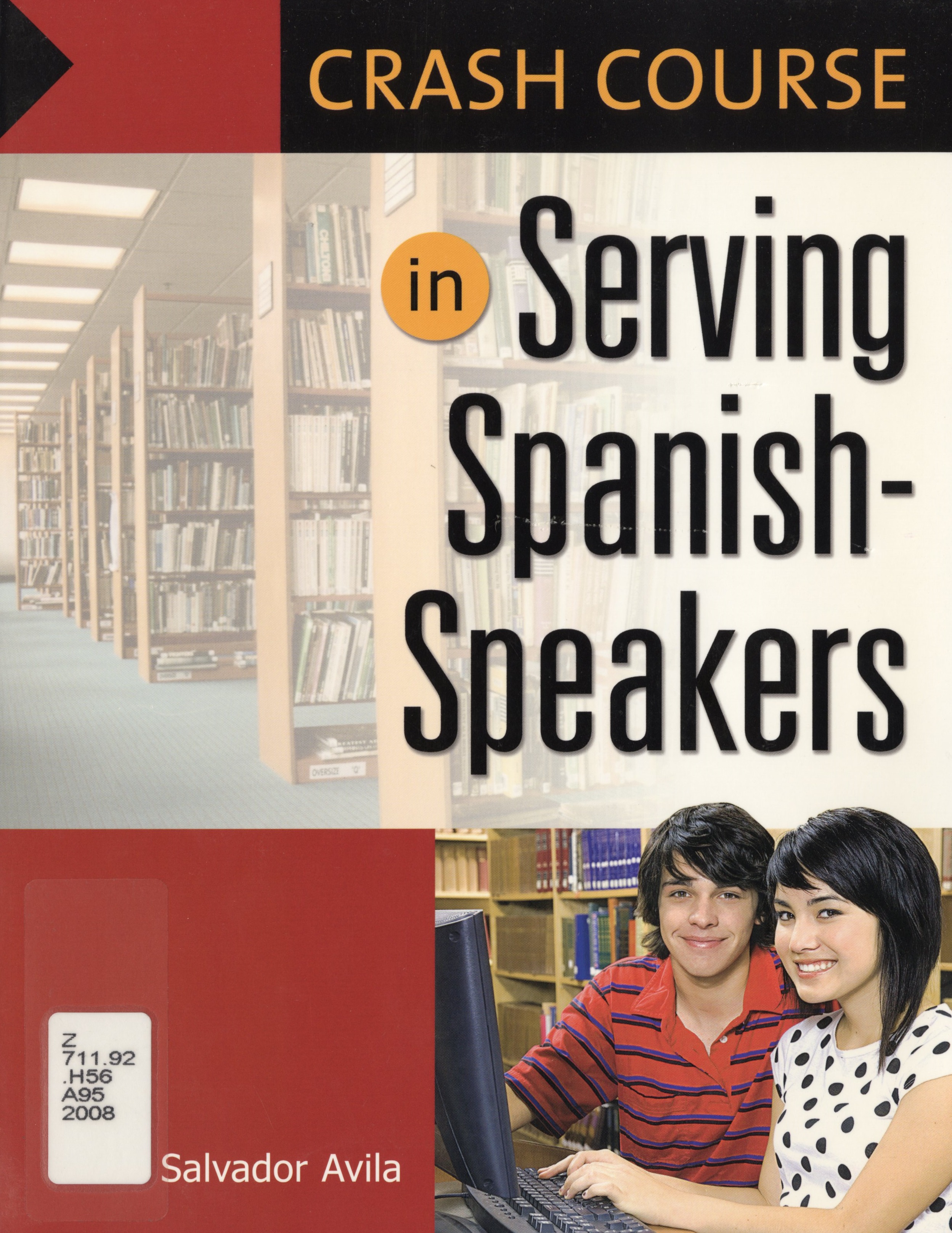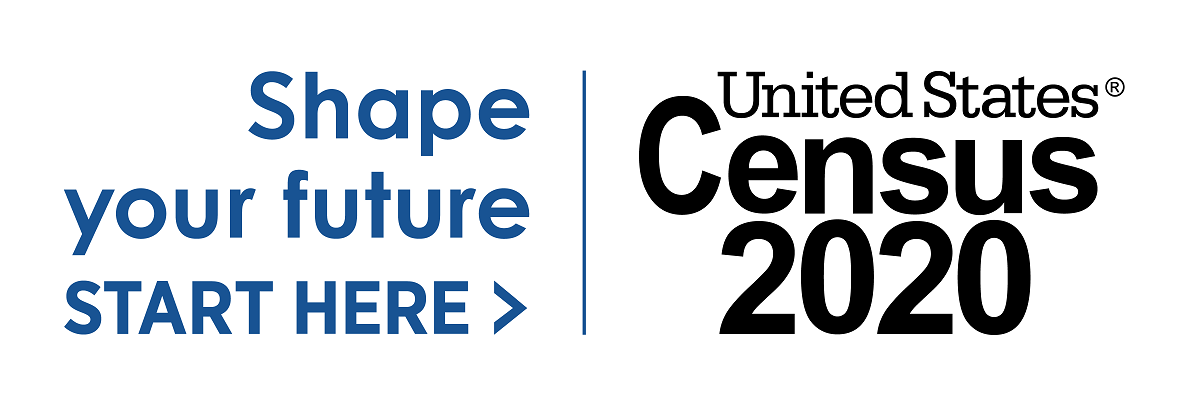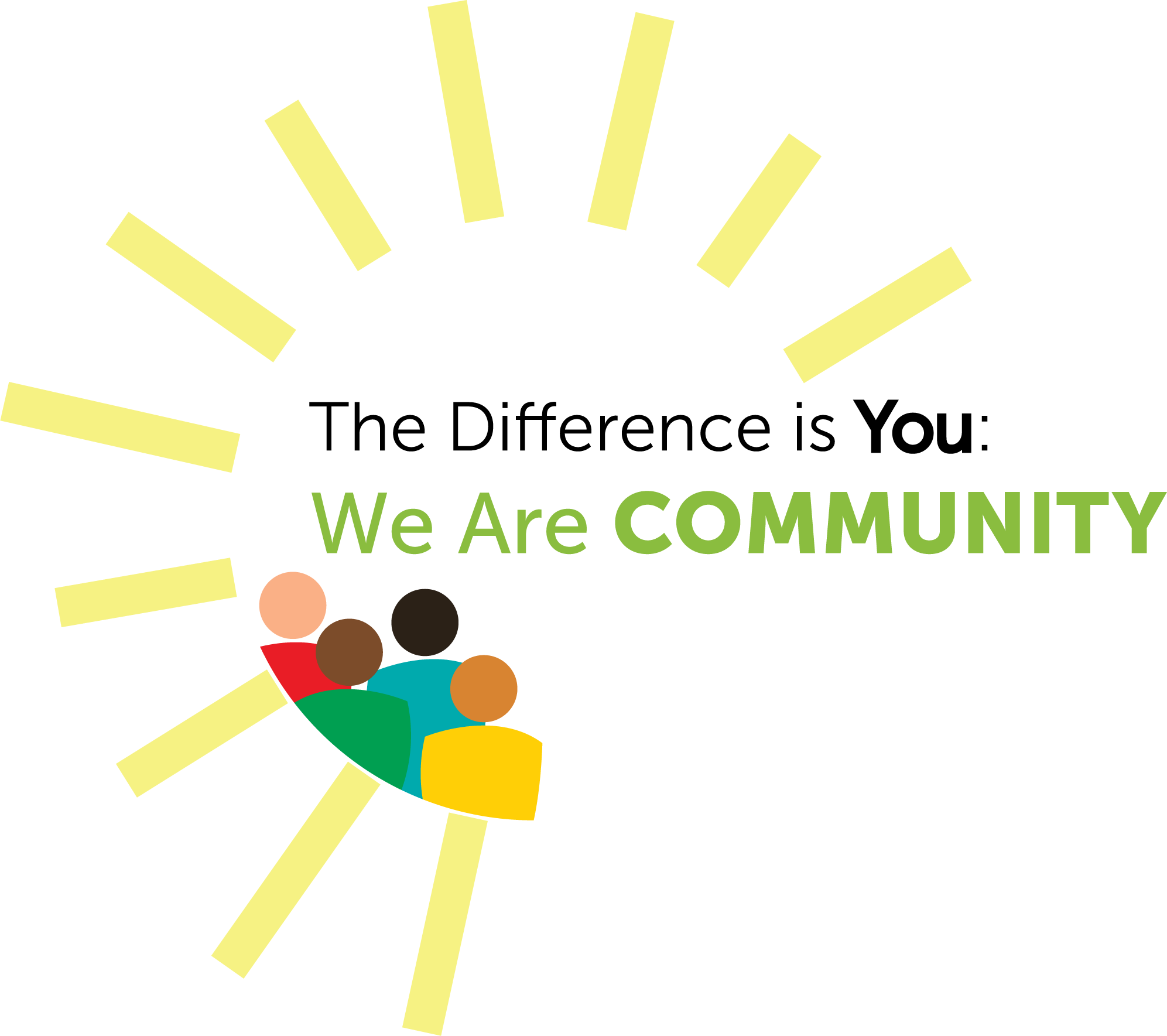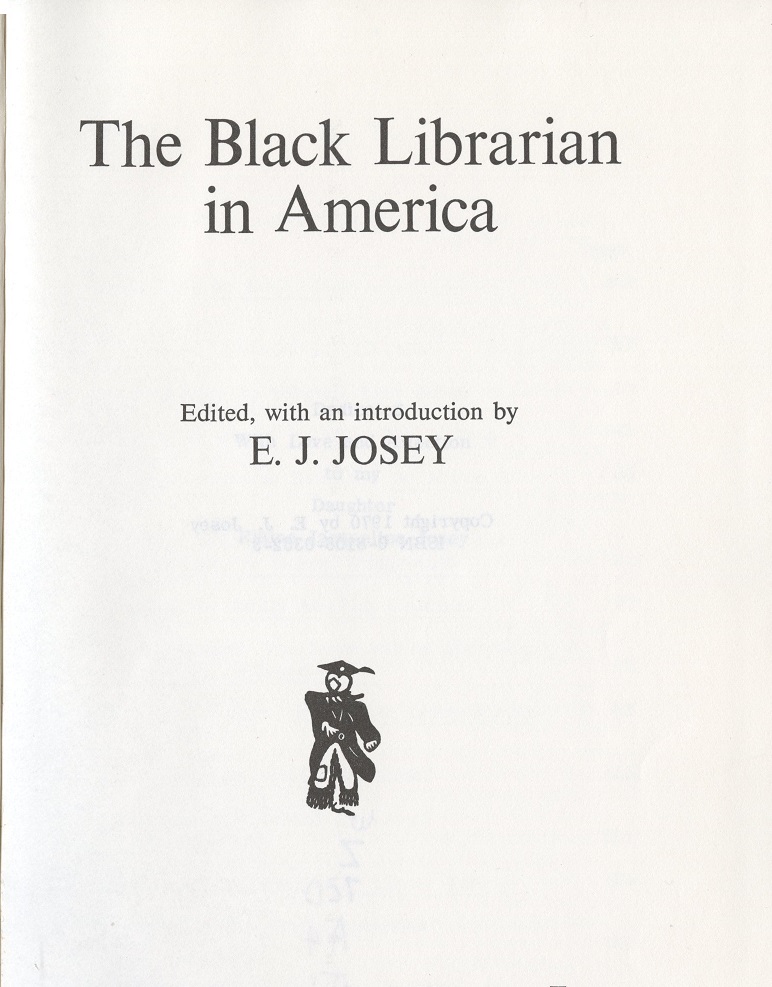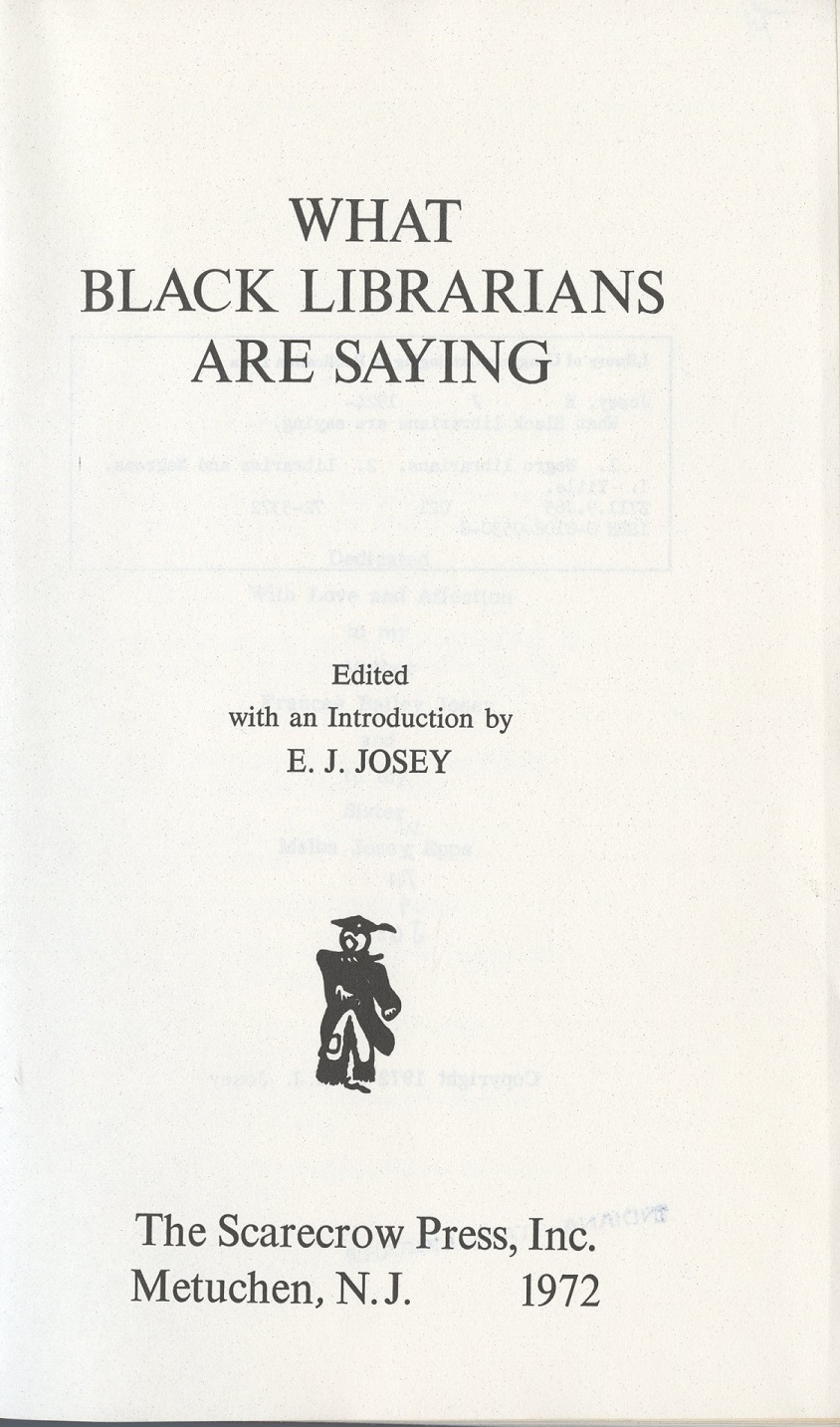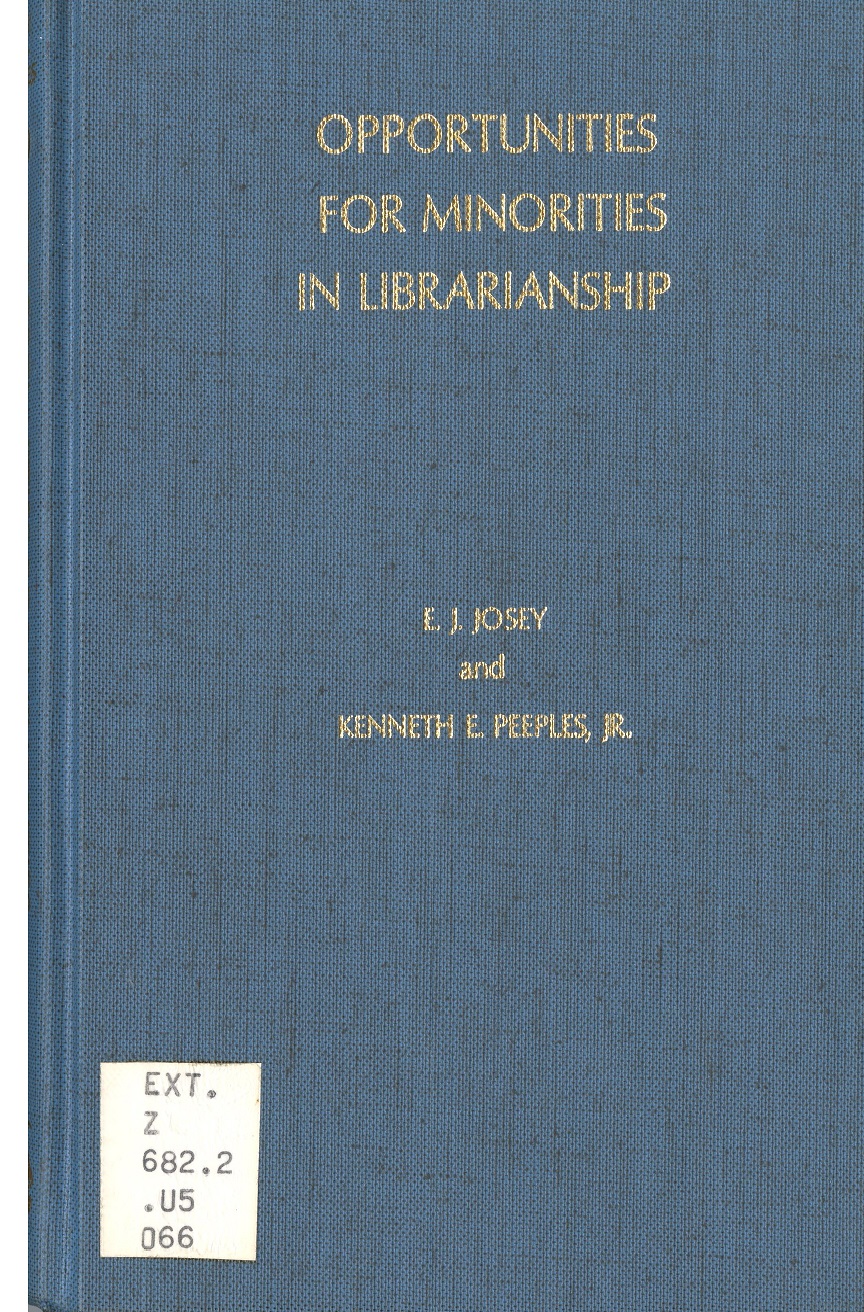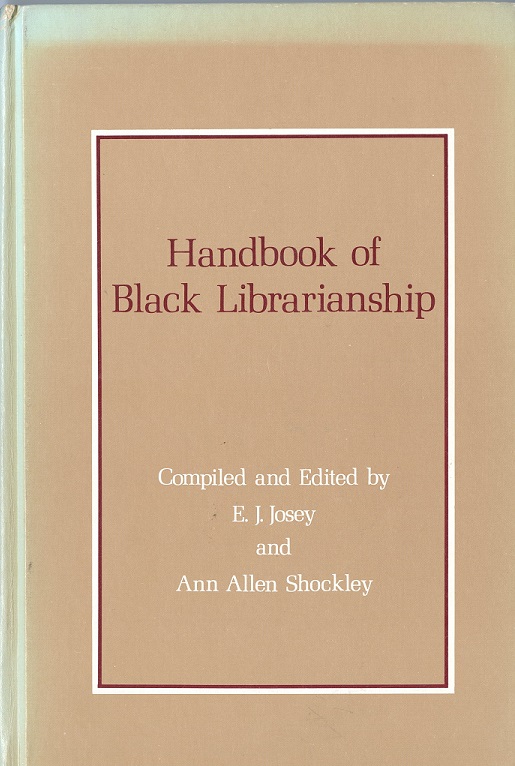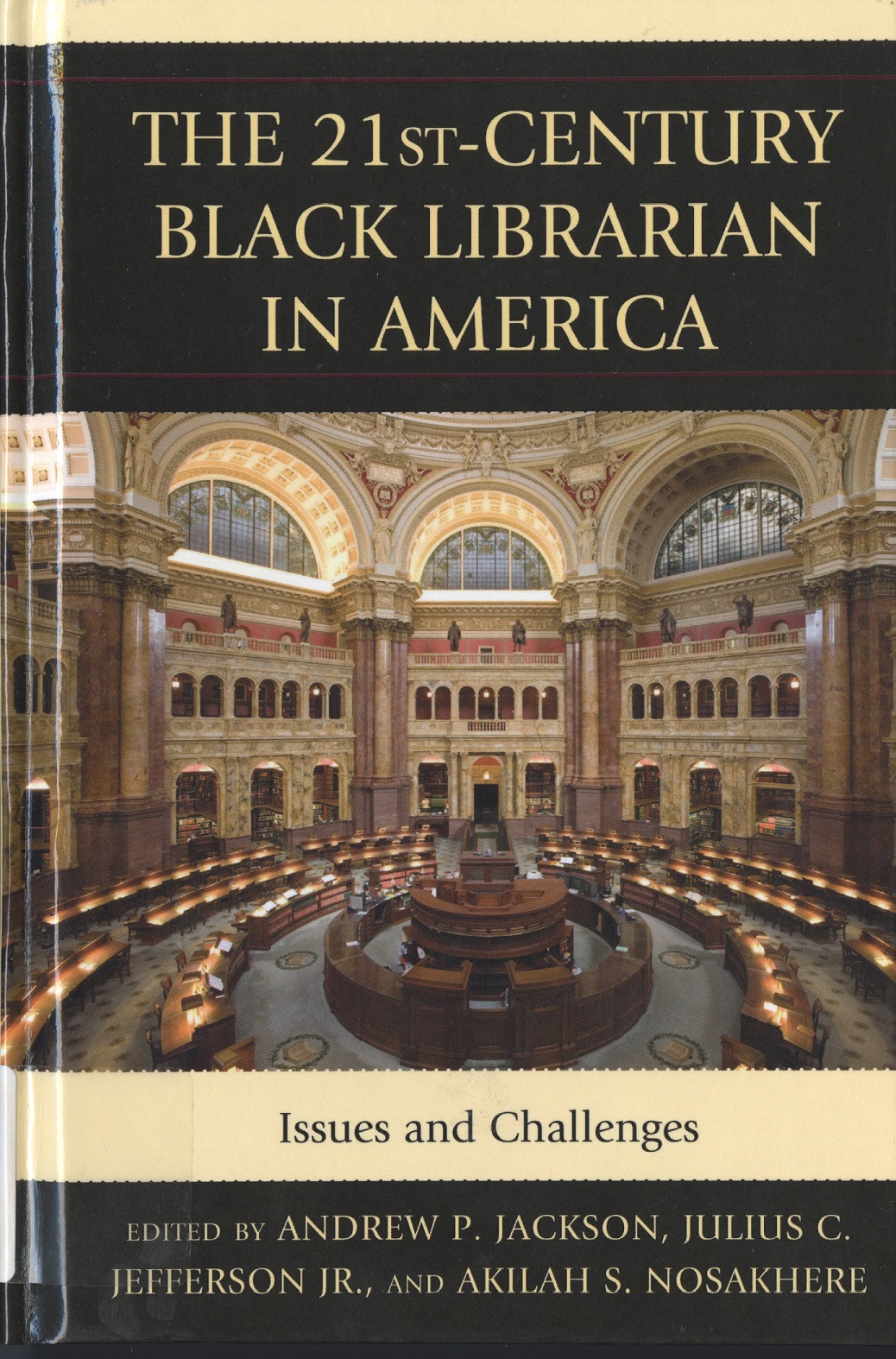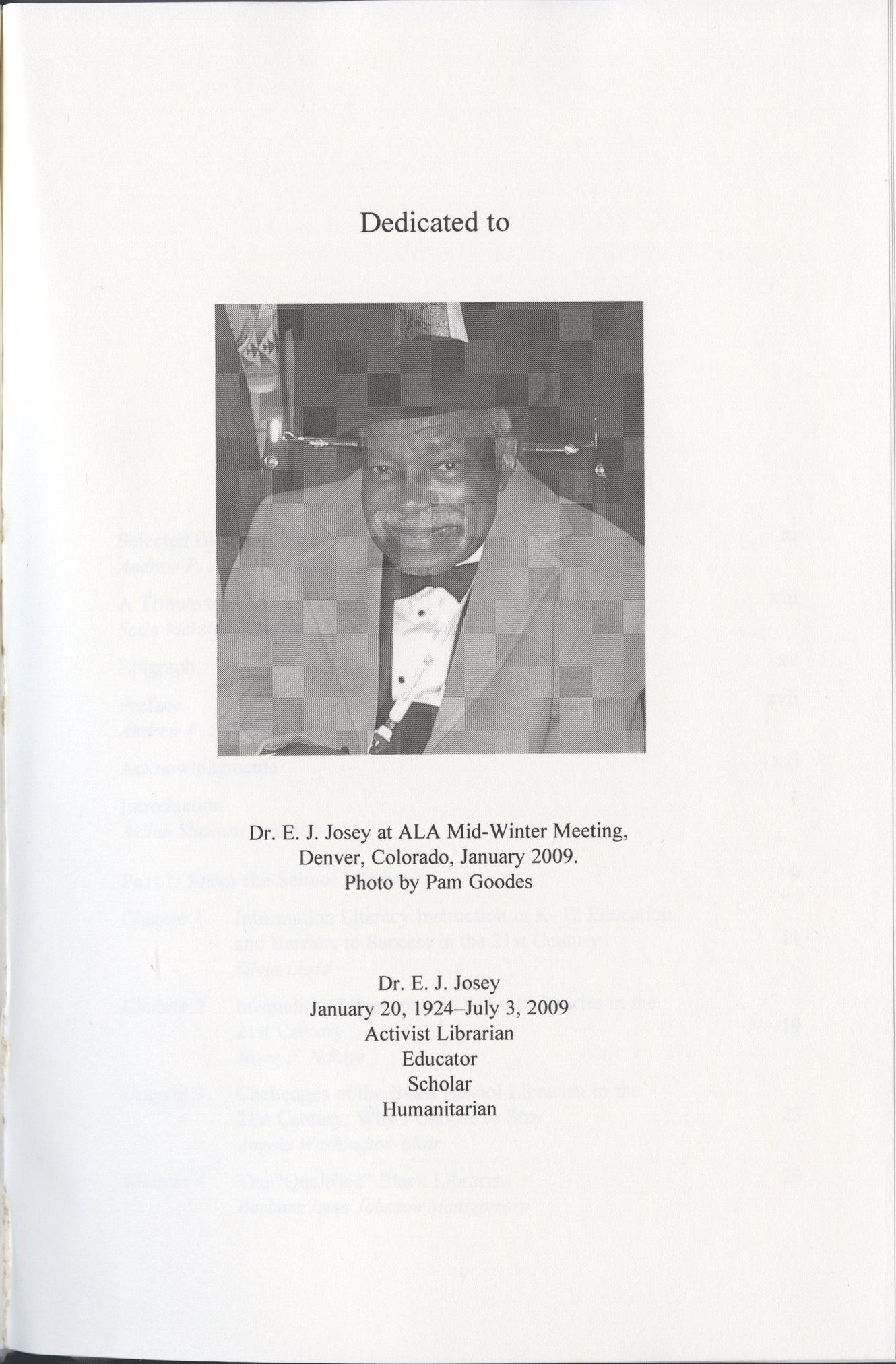Part of the mission of the Indiana State Library is to provide library services to state government and its branches and employees, as well as to provide specialized library services and training. One of the specialized populations that our Statewide Services Division serves are the prison and institutional librarians across the state. The Indiana State Library provides resource sharing services (e.g., interlibrary loan and book delivery) to the institutions. Additionally, Statewide Services staff provide continuing education to correctional staff, who are required to attend training to maintain American Correctional Association accreditation. To aid these special libraries, the Indiana State Library’s Professional Development Office staff provides site visits throughout the year. Finally, the library hosts an annual workshop where the correctional librarians can gather, network and learn about topics that can help them serve the incarcerated.
Each year, the morning of the workshop begins at the Indianapolis Public Library’s bookstore, where library staff and other nonprofits are invited to “shop” the books remaining after the public sale at no cost. State library staff are present to assist institutional libraries in shipping their materials back to their facilities via the InfoExpress courier service. This year, prison library staff gathered 50 large bags full of books, many of which were like-new popular titles – including James Patterson and Stuart Woods – to fill the shelves of their facility’s library.
The afternoon workshop was held in the Indiana State Library’s History Reference Room. Nicole Brock, ISL’s resource sharing coordinator, provided an overview and refresher on the state library’s resource sharing services. Wendy Knapp, ISL’s deputy director of Statewide Services, gave a presentation on library trends and the future of libraries as a whole, which helped prison libraries understand the current issues and climate of the profession.
Finally, our featured speakers were Dr. Susan B. Hyatt and Dr. Elizabeth Angeline Nelson, two faculty members from the IUPUI School of Liberal Arts. Hyatt and Nelson have both worked within institutional walls on education and research projects, including the Inside-Out Prison Exchange Program and the Indiana Women’s Prison History Project. Correctional staff learned about these programs and were encouraged to think about ways they could support continuing education in their libraries, of which many already hold or are seeking college degrees.
Attendees left with three contact hours which they can apply to their continuing education requirements. Planning has already begun for next year’s workshop and book giveaway, tentatively scheduled for Nov. 23, 2020. For more information on the workshop, contact Statewide Services or subscribe to the Institutional Libraries Listserv here.
This post was written by Jen Clifton, Library Development Office supervisor, Indiana State Library.


